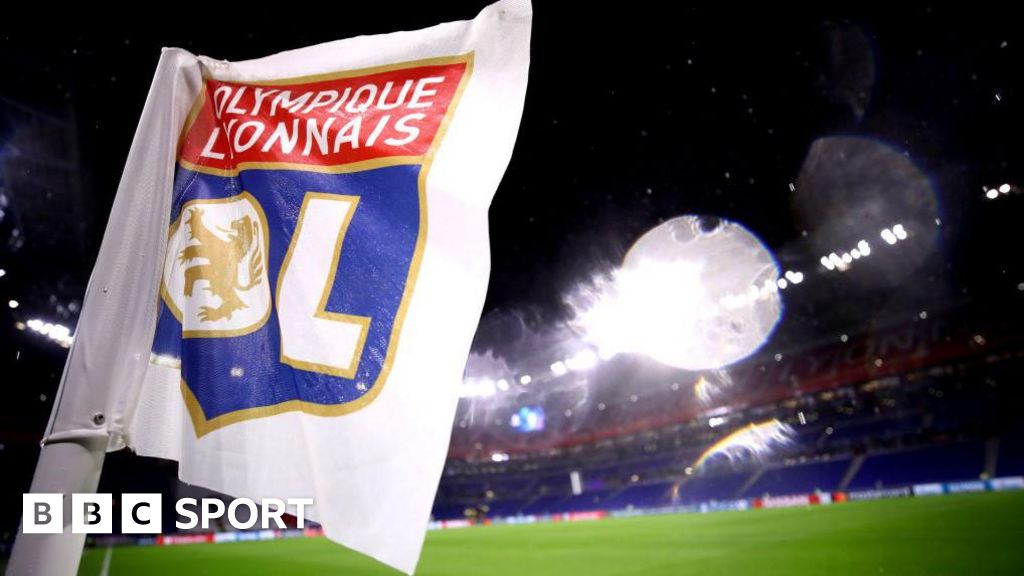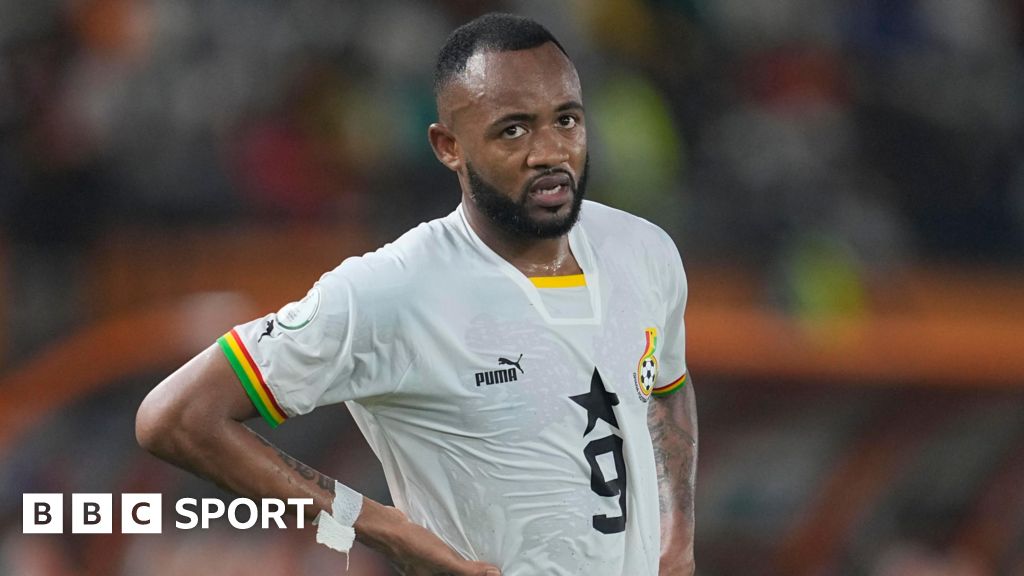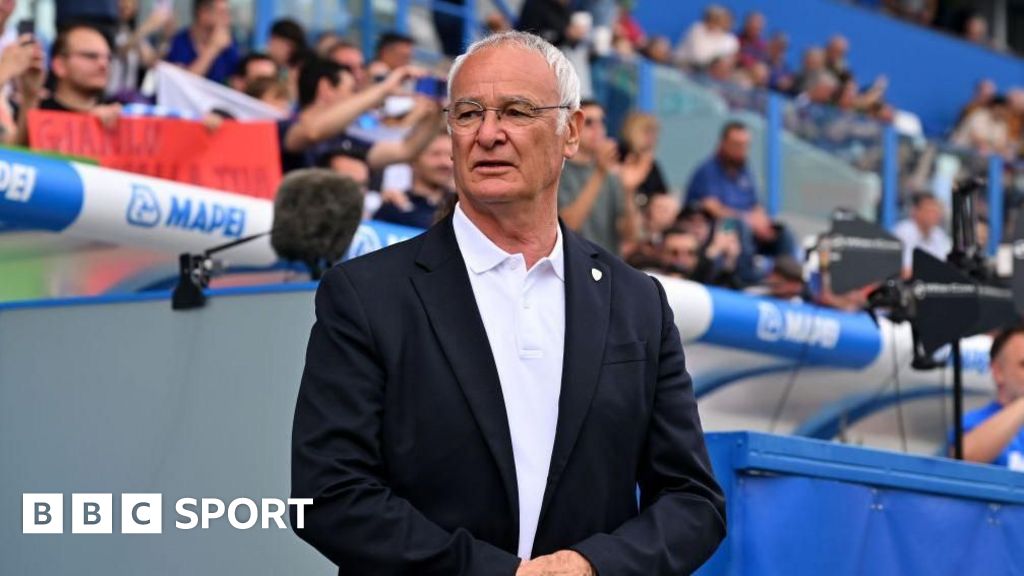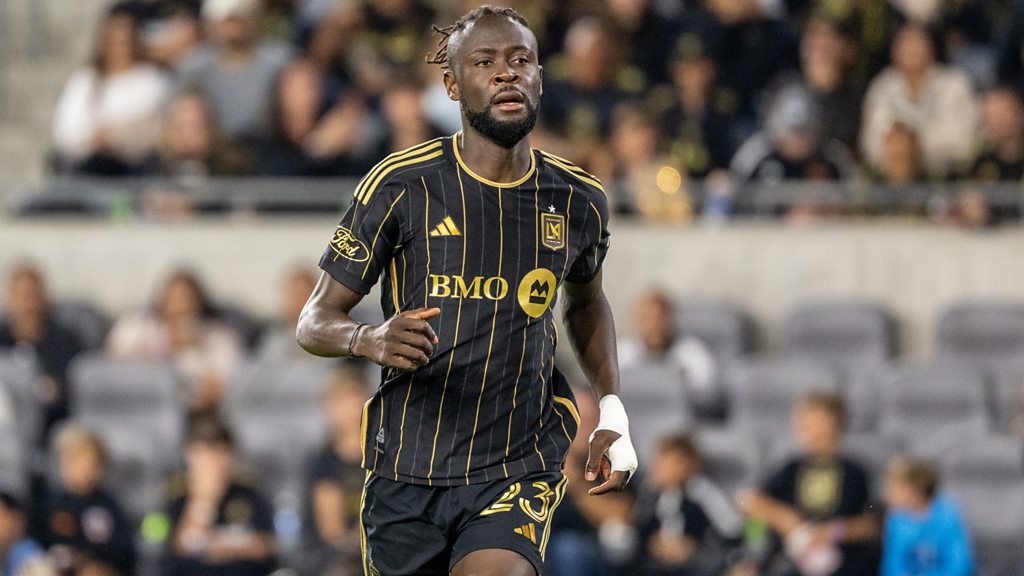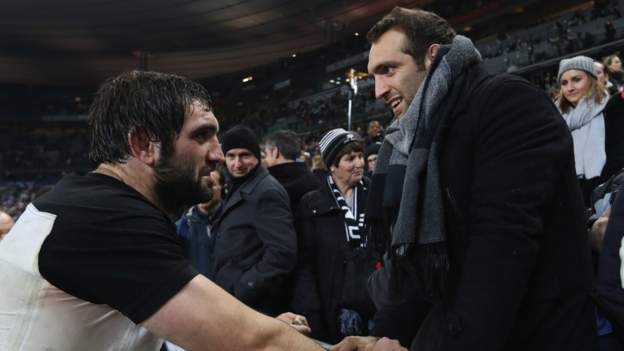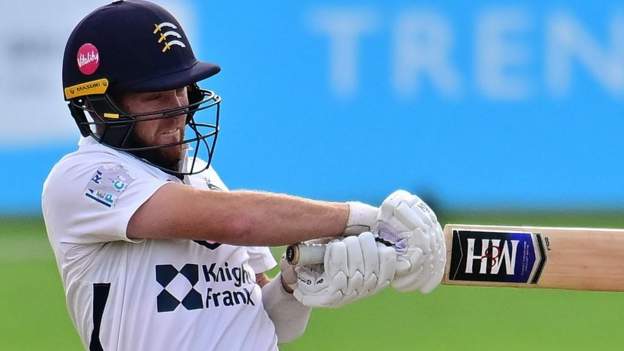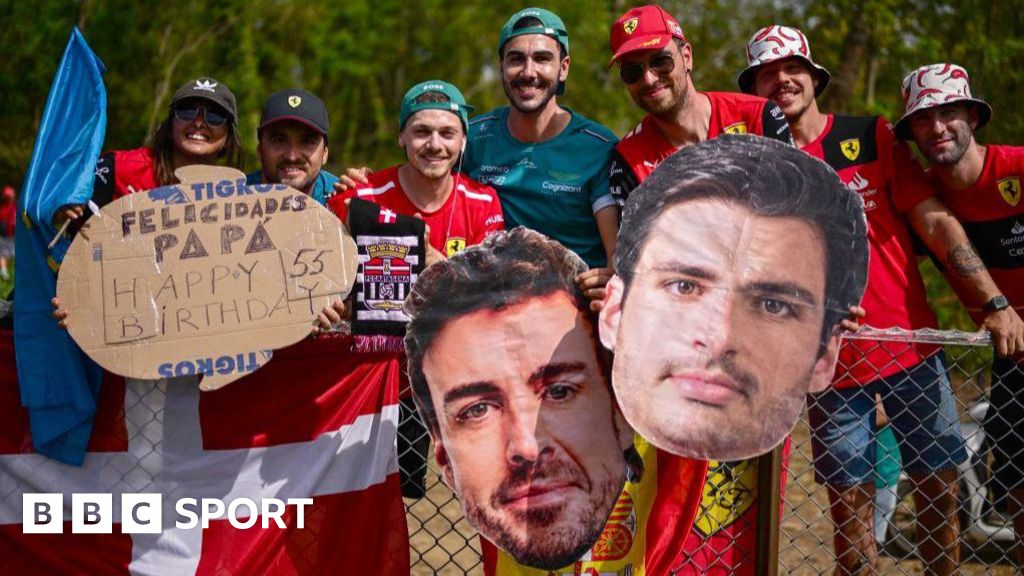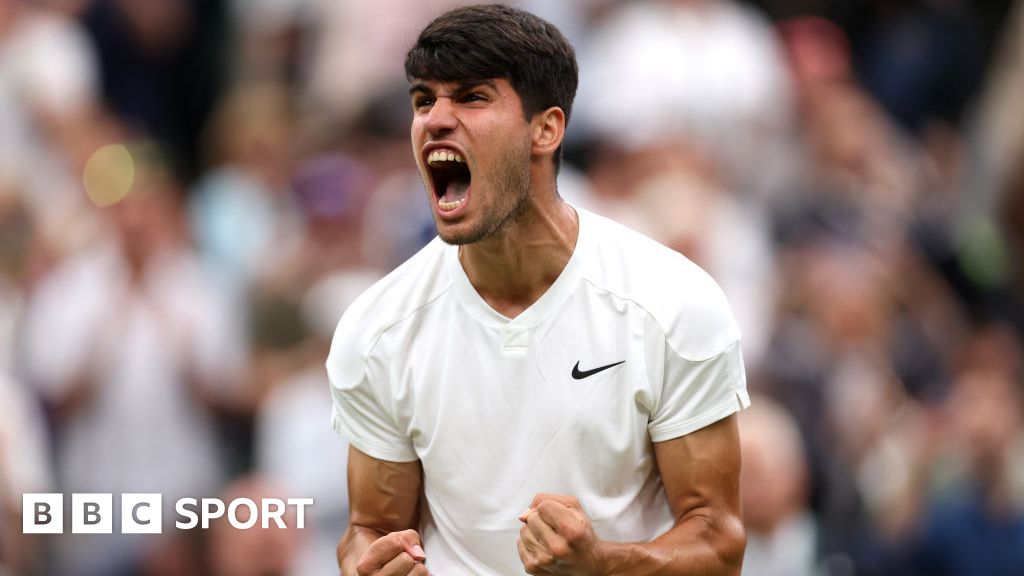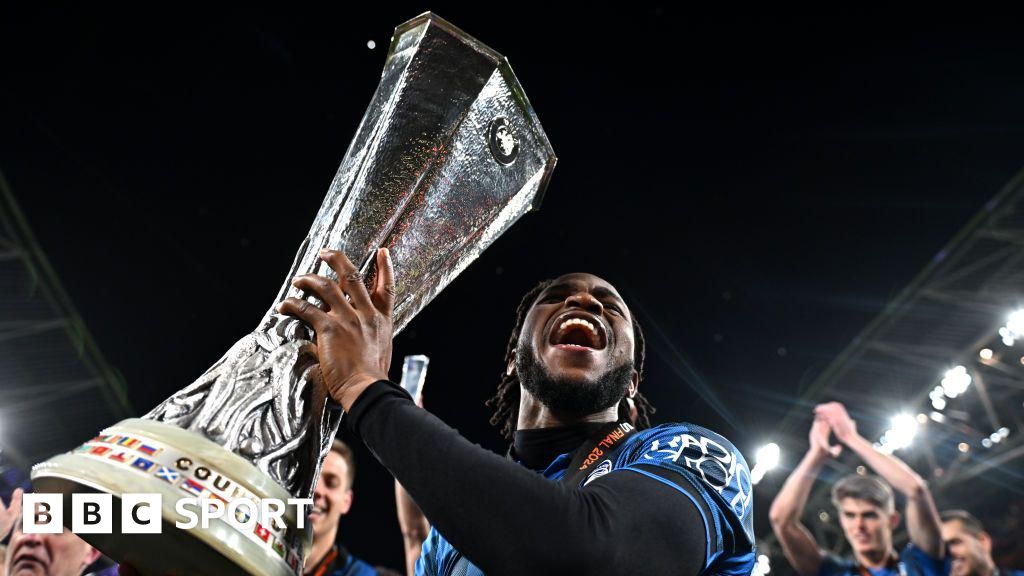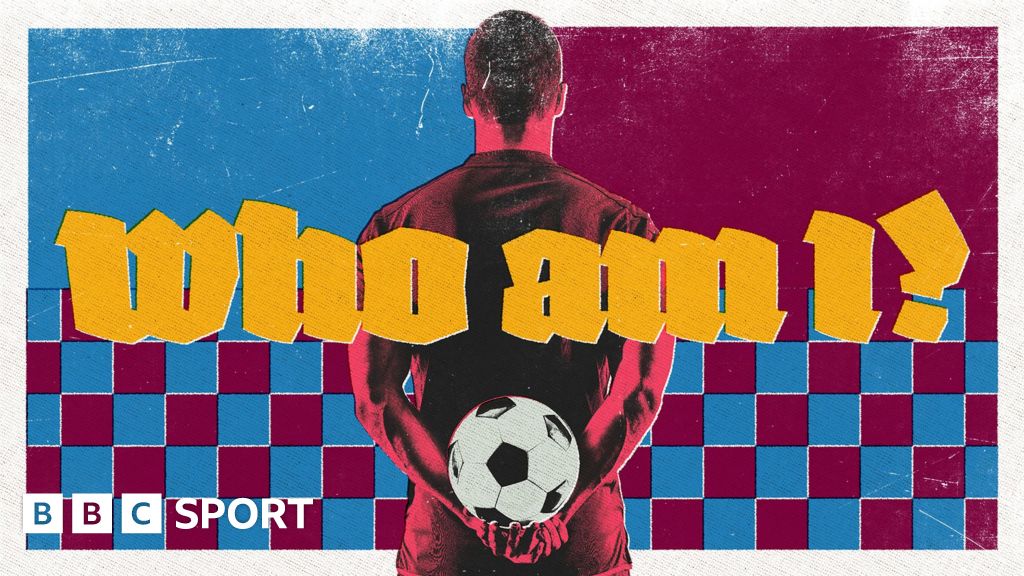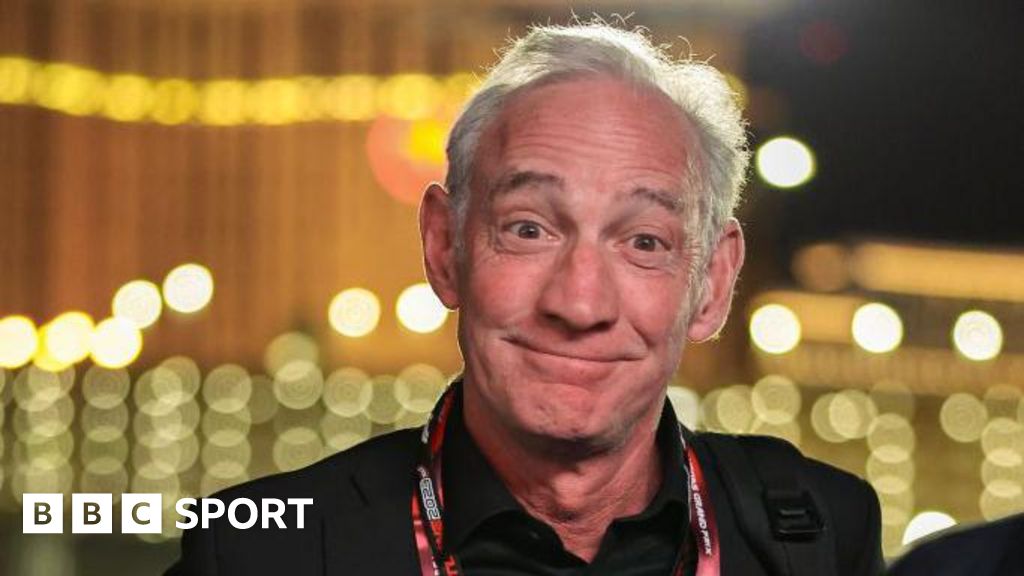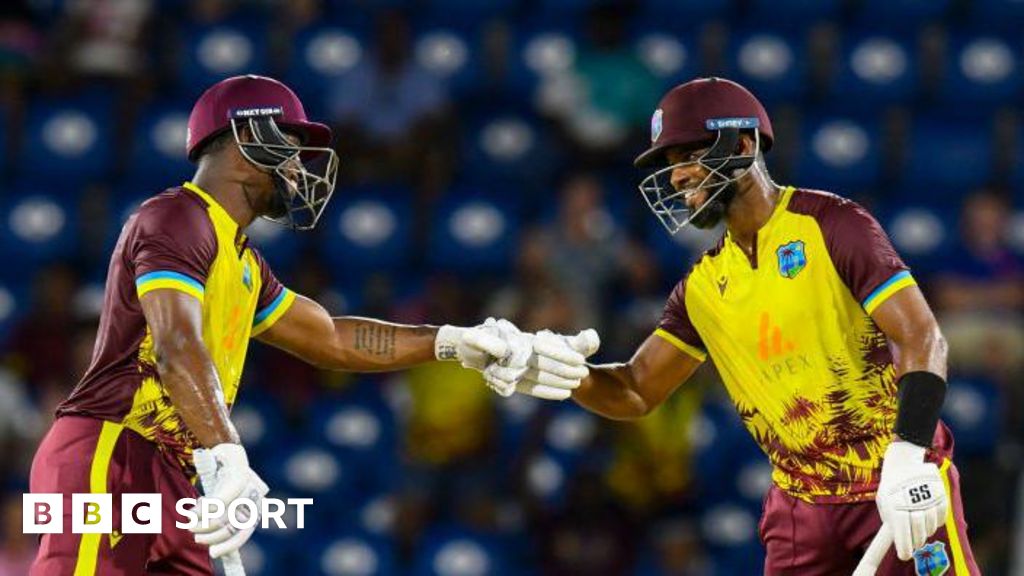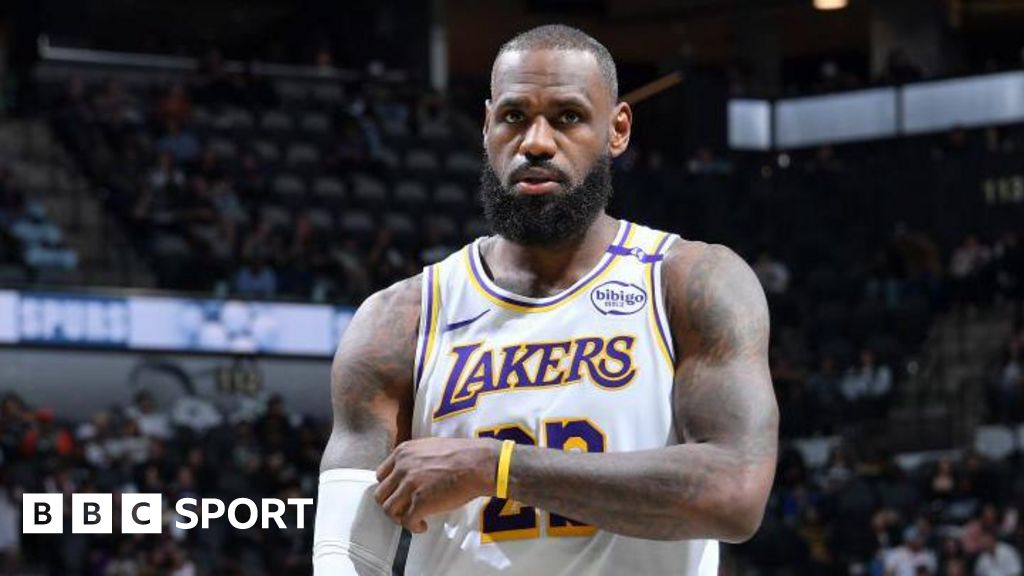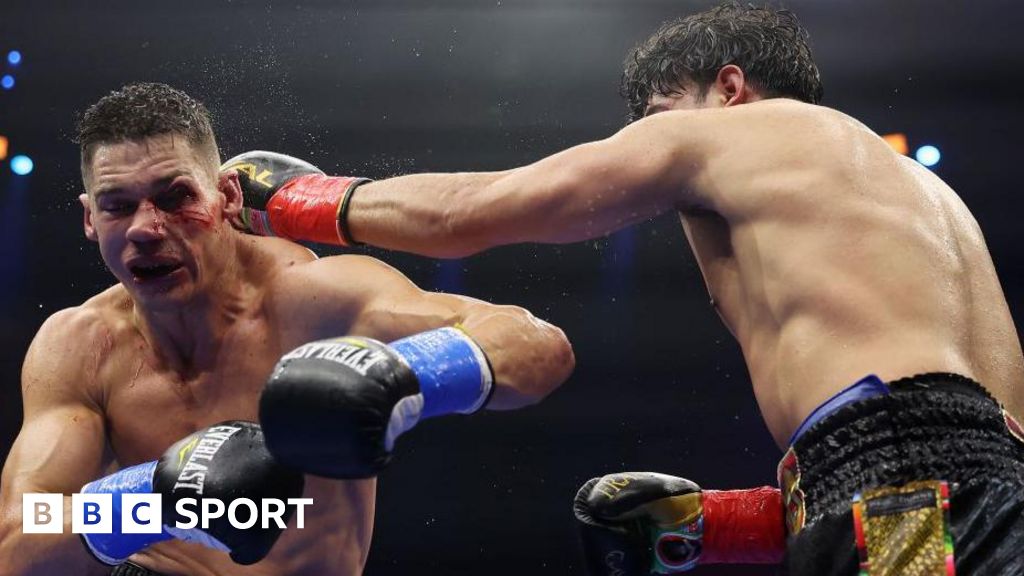| Venue: OL Stadium Date: Friday, 29 September Kick-off: 20:00 BST |
| Coverage: BBC Radio 5 Sports Extra and Radio 5 Live, plus text commentary on the BBC Sport website and app. |
“Rugby is in the family DNA.”
The Barrett brothers are one of the great rugby families, with all three regular starters for New Zealand since 2017.
But Sam Whitelock, who on Friday is likely to become the most-capped All Black in history after being named on the bench against Italy, can go one better.
He is one of four brothers to have represented the All Blacks.
Sam, 34, Luke, 32, and George, 37, have been capped by the New Zealand Test side, with Adam, 36, playing for the sevens team.
The extraordinary family connection to the All Blacks does not end there. Their father Braeden Whitelock played for the Junior All Blacks, with grandfather Nelson Dalzell featuring for the senior side in 1953 and 1954, alongside their great uncle Allan Elsom.
Uncle Graeme Higginson was another former All Black in 1980 and cousin Ben Funnell played for the Crusaders from 2012 to 2019.
Sam and his brothers played for the Crusaders in Christchurch and made history when they all started a Super Rugby match against the Stormers in 2013.
“We were the first four brothers to play Super Rugby,” said Adam, who retired in 2017. “Once you look back now, you are more proud. To do it all together was pretty amazing.
“From time to time there was a cousin as well, so there was a third of the team you are related to, which was quite special.”
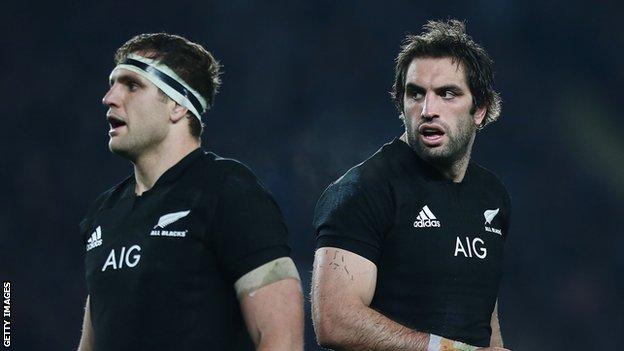
Milking cows at 4am on Christmas Day
Growing up on a family farm, with five years separating the four brothers, there was plenty of space to play rugby.
The two middle children, Adam and Sam, teamed up against Luke and George to make it an “even battle” with competition fearsome.
“If one of us ran around the farm or the block to the end of the road and back, the other brother might go out and go an extra kilometre or two just to rub it in,” Adam said.
“We also had a chin-up bar and would try to do maximum chin-ups. We were so lucky to have training buddies to push each other along.”
Adam was the only back among the brothers, with Luke and George playing across the back row, but all three started in the backs as children.
The real outlier was Sam, who shot up in height at a young age and remained in the forward pack, with his height meaning he played basketball every Friday before a rugby match on Saturday.
“Sam played a lot of basketball at high school, so he was able to hone his skills with catching the ball in the line-out and passing. In the modern day, you need big forwards to be multi-skilled,” Adam said.
The brothers played club rugby at Canterbury and professionally for the Crusaders from 2011 to 2014, and often helped out on the family farm during their time off.
“On Christmas Day we would go back and help milking at 4am and Mum and Dad would give half the staff the time off,” Adam recalled. “Having that base work ethic put us in good stead.”
George retired from rugby in 2014, the same year Adam joined French side Bayonne, while Luke moved to the Highlanders in 2016, ending the brothers’ time together.
Sam continued at the Crusaders, captaining the side to three of their seven consecutive Super Rugby titles.
He will rejoin Luke at Top 14 side Pau in France after the World Cup, the pair having amassed 588 combined games for Canterbury and the Crusaders.
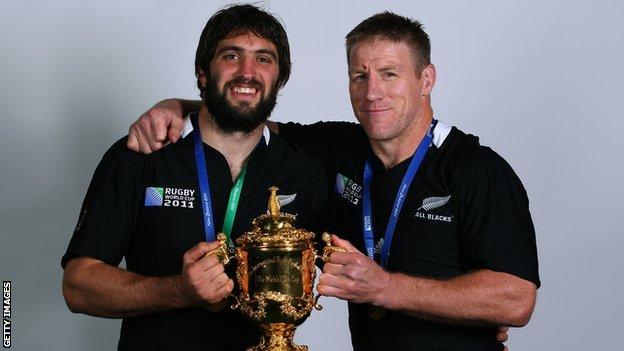
Record-breaking Sam
Adam was in France for New Zealand’s opening two games against France and Namibia, seeing Sam draw level with Richie McCaw on 148 New Zealand caps.
It is not the only record which could be broken as Sam could become the first player to win three Rugby World Cups, having featured in all 14 games of the All Blacks’ successes in 2011 and 2015.
An appearance from the bench against Italy will not only see him break his nation’s appearance record, but he will also match the record number of Rugby World Cup appearances by an individual, currently jointly held by McCaw and ex-England prop Jason Leonard.
The Whitelock brothers remain in regular contact about their three essentials.
“When we catch up, we might talk a little bit about rugby, but we are certainly talking about family and farming,” said Adam.
“If we have a two-hour window to have lunch, he might just want to relax. He has other interests so it is good to switch off.
“As a brother, you are proud of the player he is but also the person he is.”
With 10 children between them, they are already planning the next generation of All Blacks.
“There are five girls and five boys from eight weeks old to eight years old, so that next generation is coming through,” said Adam.
“We just need another five to make up a rugby team.”
Surely it is not a question of if any will become an All Black, but rather how many.



